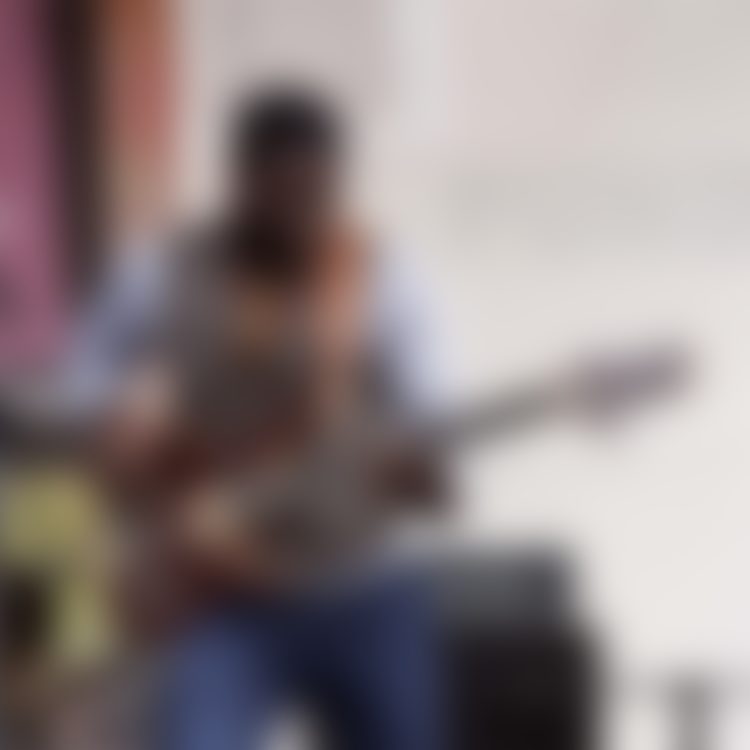set-list sneak peek
A concert is a live music performance in front of an audience. The performance may be by a single musician, sometimes then called a recital, or by a musical ensemble, such as an orchestra, choir, or band. Concerts are held in a wide variety and size of settings, from private houses and small nightclubs, dedicated concert halls, amphitheatres and parks, to large multipurpose buildings, such as arenas and stadiums. Indoor concerts held in the largest venues are sometimes called arena concerts or amphitheatre concerts. Informal names for a concert include show and gig.
Regardless of the venue, musicians usually perform on a stage (if not actual then an area of the floor designated as such). Concerts often require live event support with professional audio equipment. Before recorded music, concerts provided the main opportunity to hear musicians play. For large concerts or concert tours, the challenging logistics of arranging the musicians, venue, equipment and audience (ticket sales) are handled by professional tour promoters.
Last year’s event
Mauris iaculis porttitor posuere. Praesent id metus massa, ut blandit odio. Proin quis tortor orci. Etiam at risus et justo dignissim congue. Donec congue lacinia dui, a porttitor lectus condimentum laoreet. Nunc eu ullamcorper orci. Quisque eget odio ac lectus vestibulum faucibus eget in metus.
Andrew Norton
REVIEWS
Phasellus quis est sed turpis sollicitudin venenatis sed eu odio. Praesent eget neque eu eros interdum malesuada non vel leo. Sed.
Andrew Norton
Many musicians performing in large venues or to a mass audience through electronic media experience stage fright or performance anxiety. The psychological stress of maintaining performance at a high level over a long concert tour is associated with depression and substance abuse. Modern rock concerts are often conducted at extremely high volume levels, near the threshold of hearing loss. The intensity of the sound environment and the crush of the mass audience induces a trance-like psychological state in some audience members, and beyond the music itself, functions as an entry point to achieve an altered state of consciousness. Vocalists and other musicians (if their instrument permits this) will often dance or strut on stage as they perform, and the audience will often dance or sway in response (space permitting); this can also be considered a manifestation of crowd psychology. In some concert settings, such as classical music, the audience participates passively. In other concert settings, especially folk or rock concerts, the performers encourage and engage with an active audience response.






